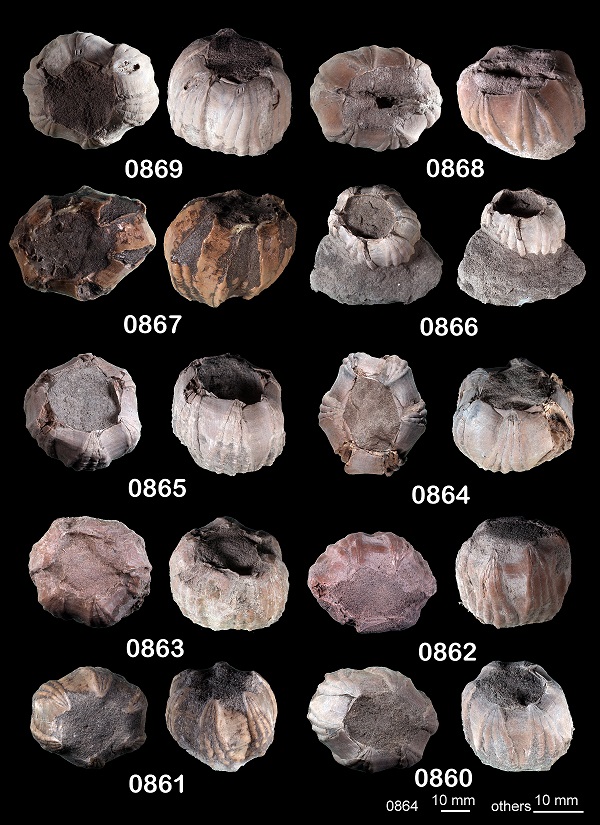Accumulations of Fossils of the Whale
Barnacle Coronula bifida
Bronn, 1831 (Thoracica: Coronulidae) Provides Evidence of a Late
Pliocene Cetacean Migration Route through the Straits of Taiwan
This paper describes a remarkably prolific accumulation of the whale barnacle Coronula bifida Bronn, 1831 in sediments from the late Pliocene to earliest Pleistocene ages from central Taiwan. Extant Coronula is host-specific to baleen whales; as such, this accumulation of Coronula
fossils represents a site where cetaceans congregated during the
Plio-Pleistocene – perhaps for breeding. Although whale bones are found
at the site, they are rare and fragmentary; the relatively robust
shells of Coronula are thus a useful proxy for establishing ancient cetacean migration routes.



Read the full article, published by Zoological
Studies, here
Follow Zoological Studies on
Twitter @ZooStudies
and Facebook
Media contact: Noah Last: lastn@gate.sinica.edu.tw
